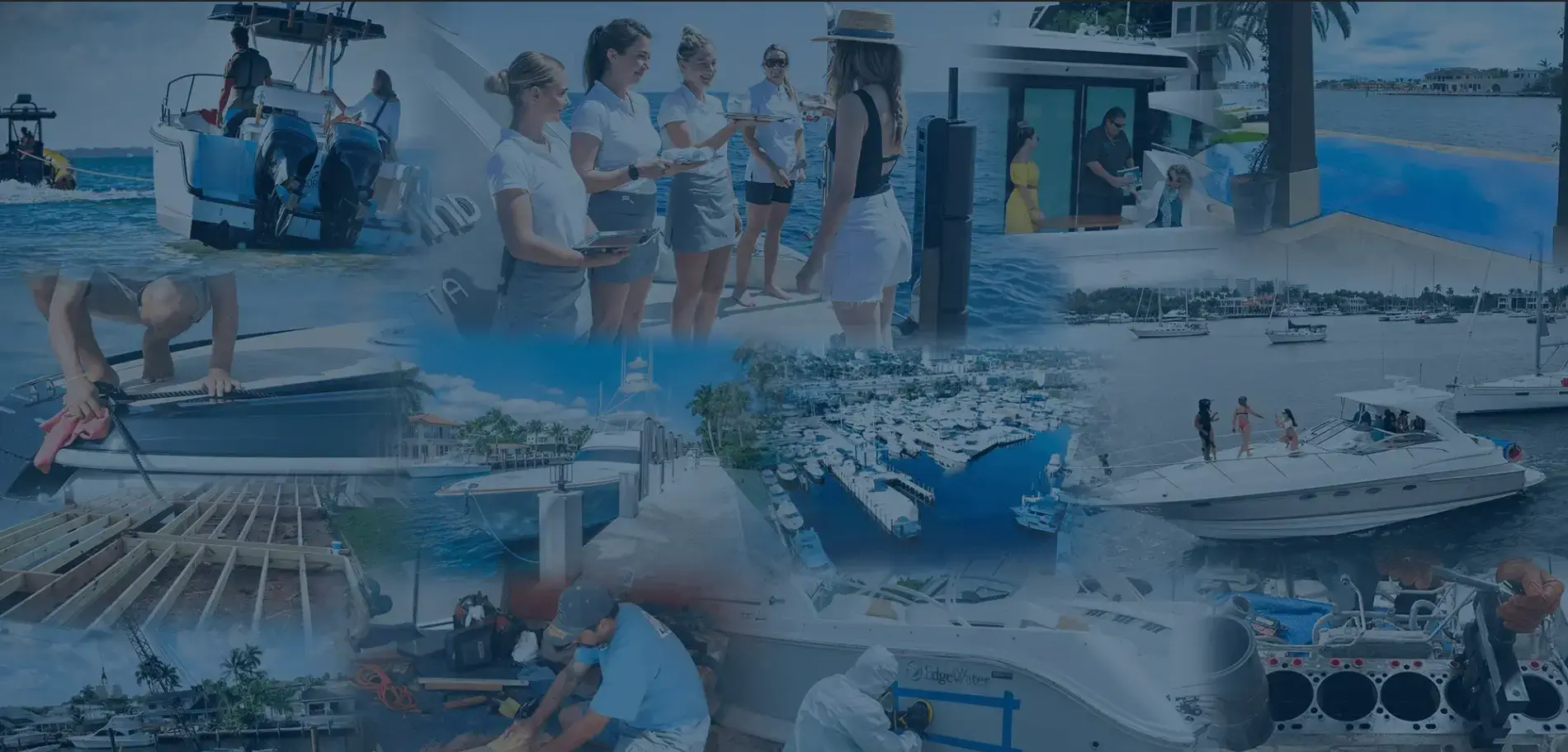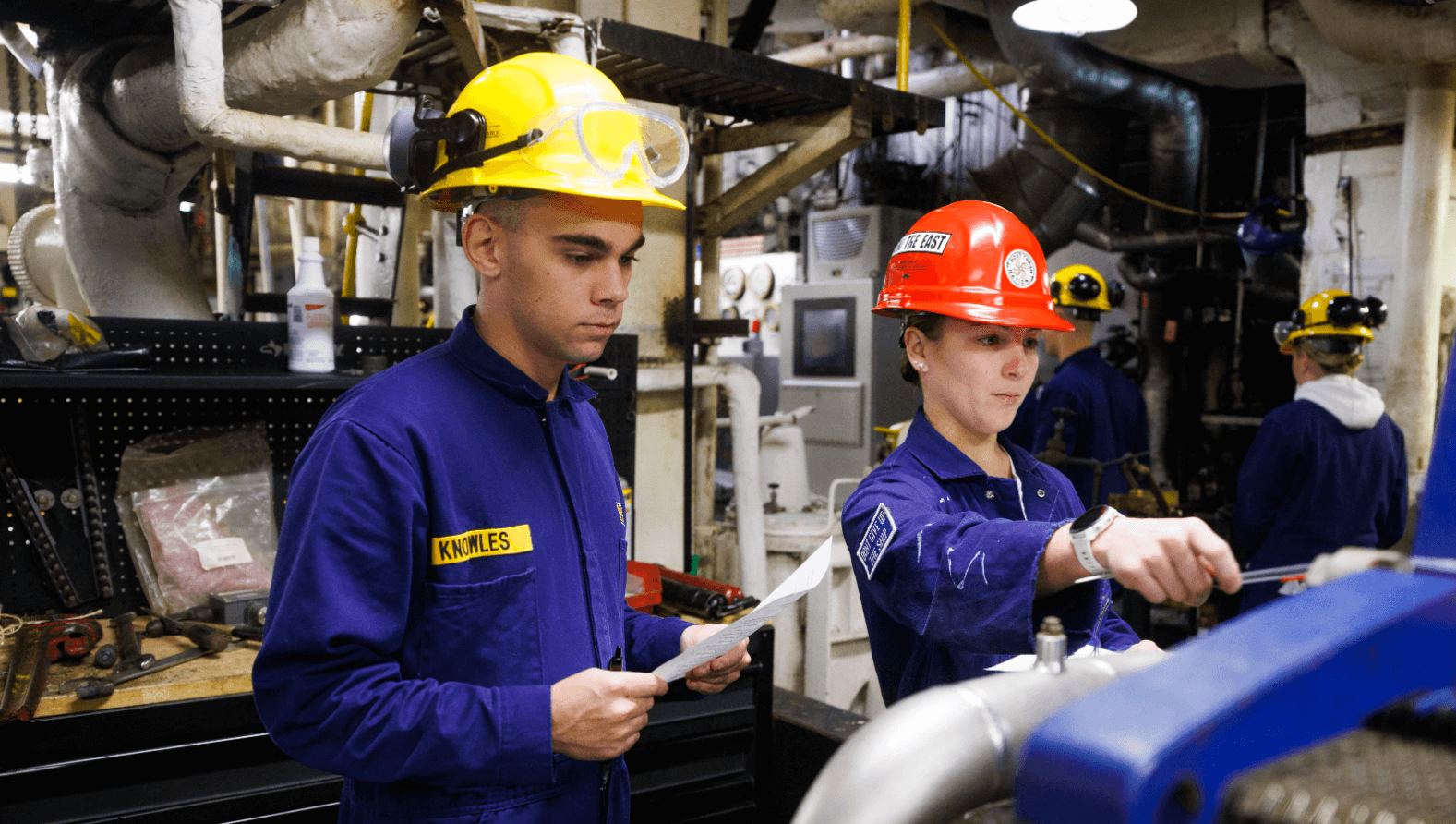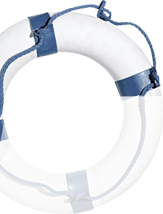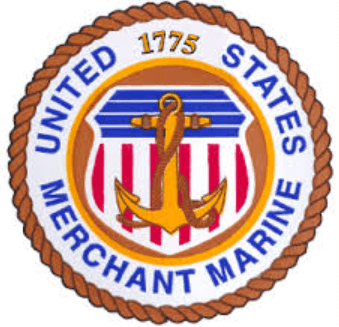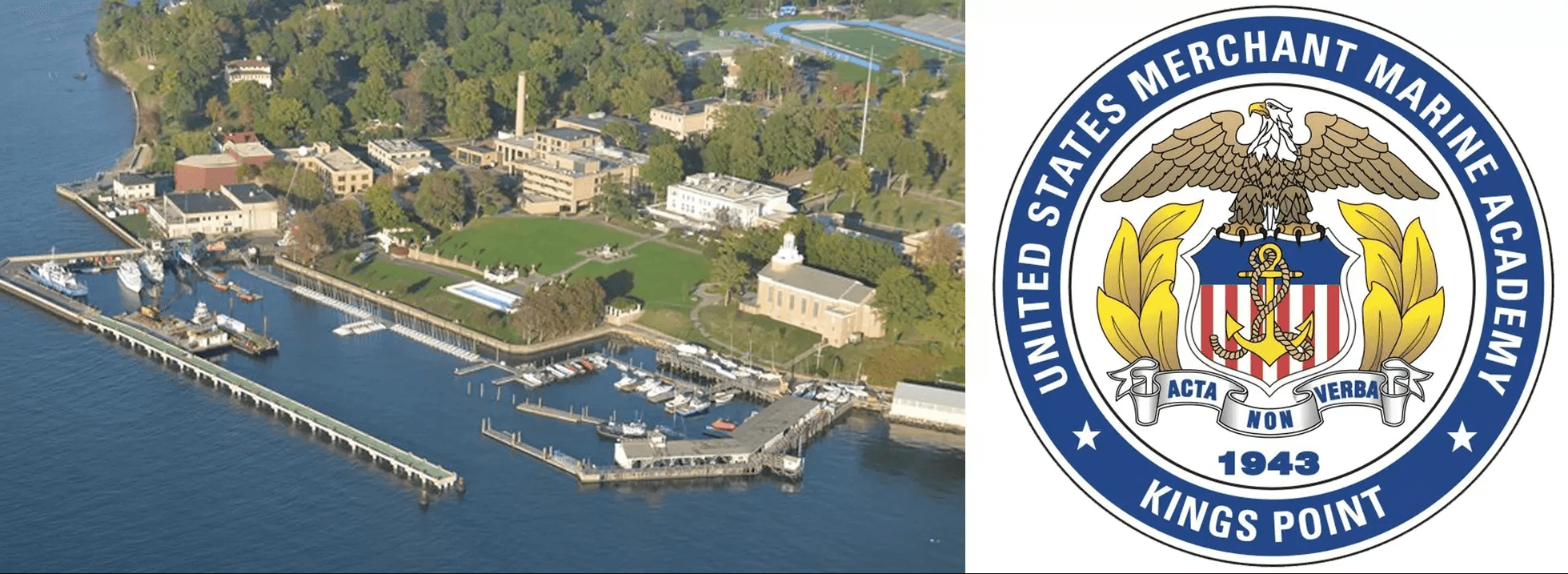Choosing a Maritime College or academy can set you on a path toward a stable and fulfilling career. The shipping and offshore sectors continue to expand, creating a consistent demand for skilled professionals who can manage complex tasks at sea.
Specialized Curriculum
Unlike generic institutions, maritime academies focus on industry-specific needs, such as maritime law, safety management, and vessel operations. This specialized approach not only enhances your expertise but also makes you more attractive to employers seeking highly trained candidates.
Global Opportunities
Earning a credential from a recognized academy opens doors in shipping hubs worldwide. The maritime industry relies on international collaboration, and a robust academic background ensures you’re equipped to work with diverse teams across different regions.
Career Progression
Many institutions offer Maritime Degree Programs that lead to officer-level certifications or advanced engineering roles. These degrees often serve as stepping stones to further endorsements or leadership positions on commercial or government-operated vessels.
Job Security & Growth
Maritime careers can be rewarding both financially and in terms of job stability. Over time, experienced professionals often transition into senior management roles, teaching, or research positions within the industry.
Cost of a Maritime Academy
The decision to attend a maritime academy involves factoring in tuition, living expenses, and possible fees for uniforms or specialized equipment. While costs vary by region and institution, understanding the main components can help you budget more effectively.
- Tuition & Course Materials: Programs can span two to four years (or longer for postgraduate tracks). Coursework often covers maritime law, safety procedures, seamanship, and engineering fundamentals. More advanced Maritime Academy Courses may involve laboratory work or simulation sessions that come at an added cost.
- Room & Board: Many academies provide on-campus housing and meal plans. The rates for these services differ by location, the quality of accommodation, and any additional amenities offered.
- Additional Training & Fees: Cadet cruises, internships, or special onboard practical modules may require extra funding. Some academies also charge separate fees for entrance exams, health screenings, or certification tests.
- Financial Aid & Scholarships: To mitigate costs, explore scholarship opportunities or grants offered by various organizations. Some maritime institutions have partnerships with shipping companies that provide sponsorships or job guarantees after graduation.
How to Choose the Right Maritime Academy?
Selecting the ideal academy is a critical decision that can influence your career trajectory. With multiple institutions worldwide—ranging from the United States Merchant Marine Academy (USMMA) to regional colleges—doing your homework is essential.
- Accreditation & Recognition: Check whether the academy holds proper endorsements from recognized maritime authorities or educational boards. Institutions aligned with bodies like the IMO or relevant national agencies often offer training that meets industry standards.
- Curriculum & Specializations: Your choice should reflect your professional interests, whether it’s navigation, engineering, or safety management. Some academies specialize in Maritime Officer Training, while others emphasize research, port management, or maritime administration.
- Hands-On Training Facilities: Simulators, training ships, and well-equipped labs can significantly enhance your learning experience. Ensure the academy provides practical modules that reflect the challenges you’ll face at sea.
- Alumni Success & Networking: Look into the kinds of roles alumni hold after graduation. High placement rates or success stories often indicate a program that maintains strong industry ties and prepares students well for the workforce.
Types of Maritime Academies
Not all maritime academies are created equal. Their distinct focuses, qualifications, and instructional methods cater to different student aspirations. Below are common categories:
Traditional Maritime Academy
These institutions often offer full-degree programs, such as Maritime Engineering Academy tracks. Students gain a thorough academic grounding, supplemented by sea terms or onboard practicums.
Maritime Training Academy (Short-Course Focus)
Designed for those who need targeted training or specific certifications, these schools provide intensive modules on firefighting, first aid, or navigation. Courses can range from weeks to a few months.
Naval & Military Maritime College
Some academies align with naval forces. They combine standard maritime studies with military training, preparing graduates for roles in national defense or security.
International Satellite Campuses
Global shipping companies sometimes partner with local institutions to deliver specialized maritime programs. These collaborative setups may feature region-specific content, addressing local port regulations or environmental concerns.
Partner with Dockside Pros to Find a Maritime Academy
Choosing a maritime academy can be overwhelming, with so many course options, teacher qualifications, and campus details to review. Dockside Pros makes it easier by letting you search for schools based on specialty, location, and degree type, all in one place. You won’t need to browse multiple websites or worry about unreliable reviews. Our platform even gives you personalized suggestions that align with your interests, whether you plan to work on commercial vessels or join a naval force. We also outline the steps you need to take, like meeting prerequisites and taking entrance exams, so you’re fully prepared to begin your maritime education.


